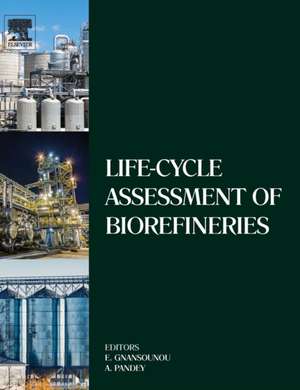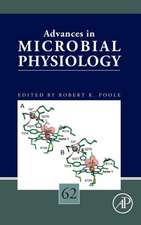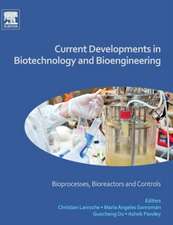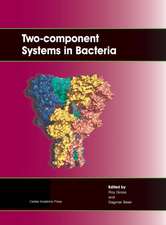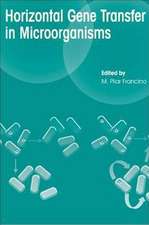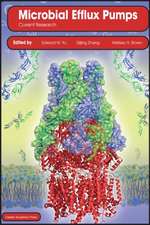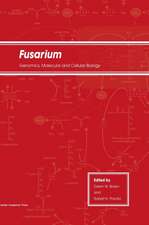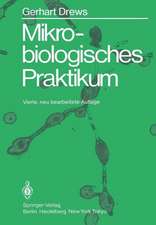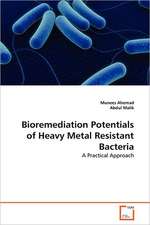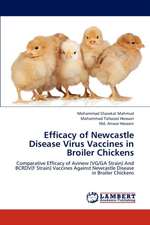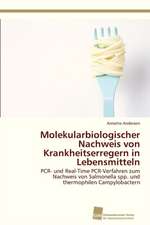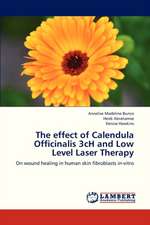Life-Cycle Assessment of Biorefineries
Editat de Edgard Gnansounou, Ashok Pandeyen Limba Engleză Hardback – 12 ian 2017
It is envisaged that by 2020 a majority of chemicals currently being produced through a chemical route will be produced via a bio-based route. Agro-industrial residues, municipal solid wastes, and forestry wastes have been considered as the most significant feedstocks for such bio-refineries. However, for the techno-economic success of such biorefineries, it is of prime and utmost importance to understand their lifecycle assessment for various aspects.
- Provides state-of-art information on the basics and fundamental principles of LCA for biorefineries
- Contains key features for the education and understanding of integrated biorefineries
- Presents models that are used to cope with land-use changes and their effects on biorefineries
- Includes relevant case studies that illustrate main points
Preț: 773.10 lei
Preț vechi: 1080.39 lei
-28% Nou
Puncte Express: 1160
Preț estimativ în valută:
147.98€ • 160.79$ • 124.38£
147.98€ • 160.79$ • 124.38£
Carte tipărită la comandă
Livrare economică 12-26 aprilie
Preluare comenzi: 021 569.72.76
Specificații
ISBN-13: 9780444635853
ISBN-10: 0444635858
Pagini: 322
Dimensiuni: 191 x 235 mm
Greutate: 0.77 kg
Editura: ELSEVIER SCIENCE
ISBN-10: 0444635858
Pagini: 322
Dimensiuni: 191 x 235 mm
Greutate: 0.77 kg
Editura: ELSEVIER SCIENCE
Public țintă
Primary readers are chemist and (bio) chemical engineering PG/PhD students; postdoctorate researchers in academia and industry; engineers (process engineers) in bio-industries; consultants; policy makers. The book is useful for students and researchers engaged in postgraduate or masters programs leading to MSc, MTech or MS degrees in Biotechnology, Industrial Biotechnology, Biochemical Engineering, Biological Engineering, Biotechnology & Bioengineering, and Biomedical Engineering.Cuprins
1. Classification of Biorefineries Taking into Account Sustainability Potentials and Flexibility
2. Fundamentals of Life Cycle Assessment and Specificity of Biorefineries
3. Life-Cycle Assessment of Agricultural Feedstock for Biorefineries
4. Life Cycle Assessment of Sugar Crops and Starch-Based Integrated Biorefineries
5. Life Cycle Assessment of Vetiver-Based Biorefinery With Production of Bioethanol and Furfural
6. Life Cycle Assessment of Thermochemical Conversion of Empty Fruit Bunch of Oil Palm to Bio-Methane
7. Life Cycle Assessment of Algal Biorefinery
8. Life Cycle Assessment and Land-Use Changes: Effectiveness and Limitations
9. Modeling Land-Use Change Effects of Biofuel Policies: Coupling Economic Models and LCA
10. Towards an Integrated Sustainability Assessment of Biorefineries
2. Fundamentals of Life Cycle Assessment and Specificity of Biorefineries
3. Life-Cycle Assessment of Agricultural Feedstock for Biorefineries
4. Life Cycle Assessment of Sugar Crops and Starch-Based Integrated Biorefineries
5. Life Cycle Assessment of Vetiver-Based Biorefinery With Production of Bioethanol and Furfural
6. Life Cycle Assessment of Thermochemical Conversion of Empty Fruit Bunch of Oil Palm to Bio-Methane
7. Life Cycle Assessment of Algal Biorefinery
8. Life Cycle Assessment and Land-Use Changes: Effectiveness and Limitations
9. Modeling Land-Use Change Effects of Biofuel Policies: Coupling Economic Models and LCA
10. Towards an Integrated Sustainability Assessment of Biorefineries
